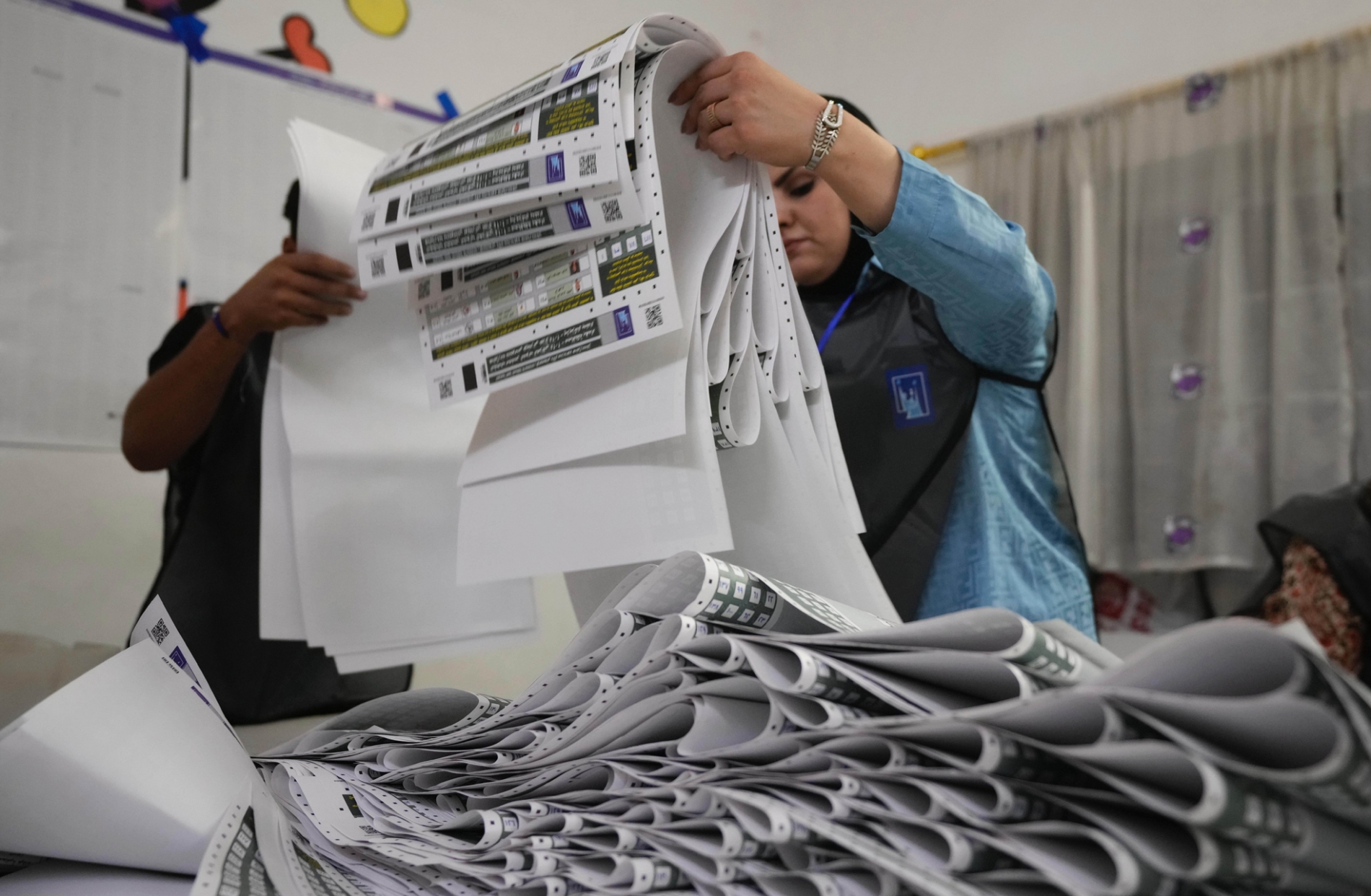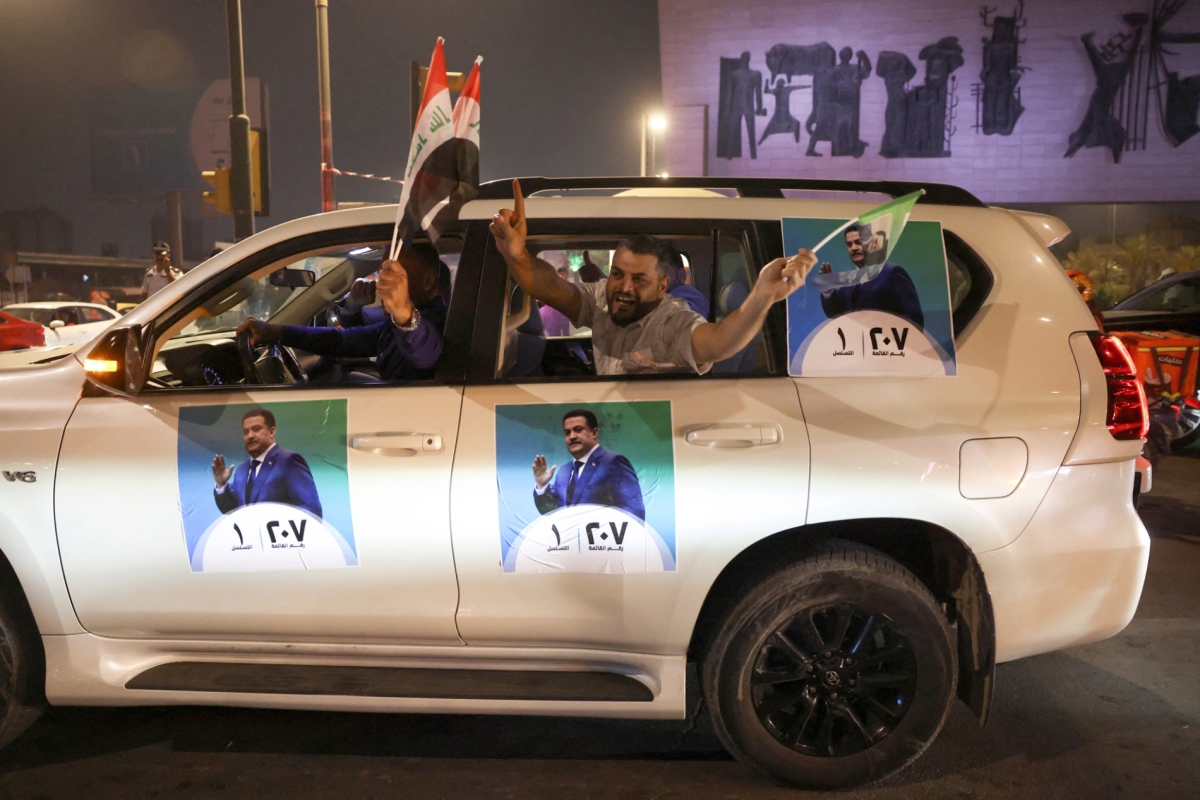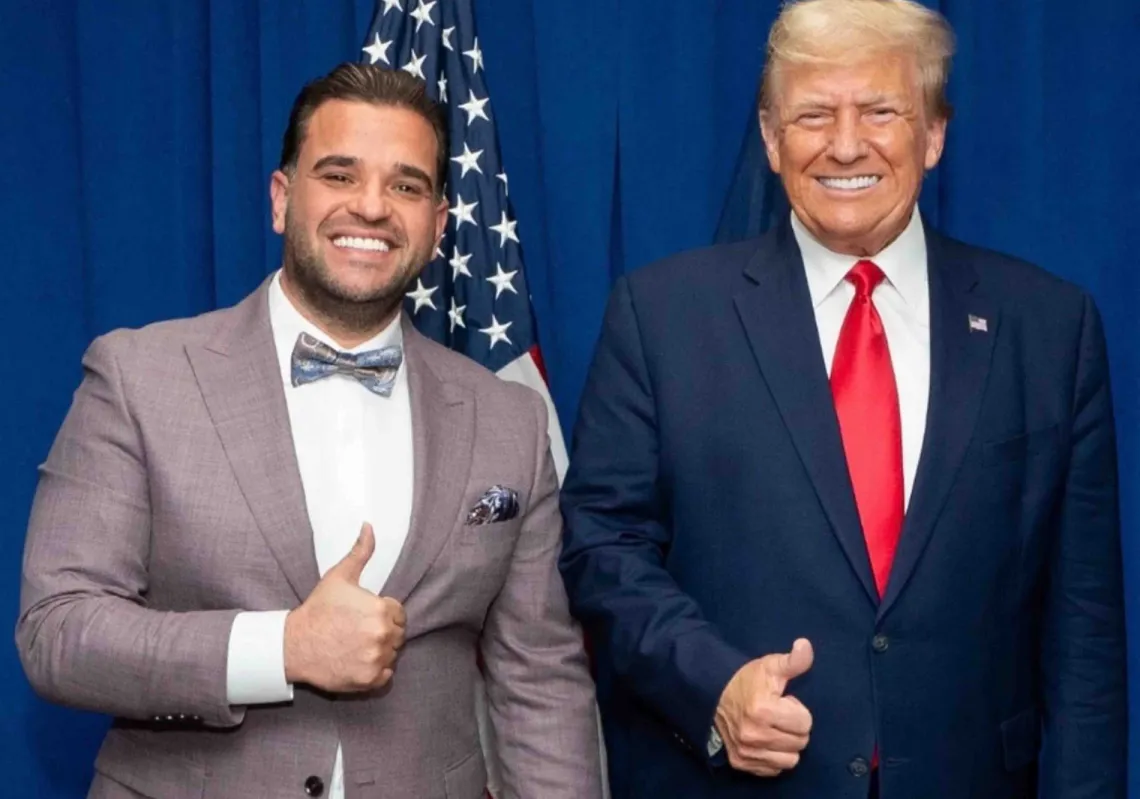Contrary to expectations of major surprises, Iraq’s sixth parliamentary elections delivered predictable results, driven by the political dynamics set in motion by the 2021 election. That earlier vote ended with the withdrawal of the Sadrist Movement from parliament after failing to form a majority government, paving the way for a coalition of established political forces under the State Administration Alliance.
Ahead of the 11 November elections, Iraq had implemented a key revision to the electoral law, replacing the multi-district, first-past-the-post system with a single provincial constituency and the modified Sainte-Laguë method using a divisor of 1.7. This revision means that instead of several small districts, each province is treated as a single large electoral district, with seats allocated proportionally according to the overall vote share. Such a modified Sainte-Laguë formula favours larger parties.
The elections thus marked the return of established parties and their patronage-based electoral machinery. In Baghdad, the Reconstruction and Development Coalition led by Prime Minister Mohammed Shia Al Sudani benefited greatly from the new law.
Al Sudani won more than 92,000 votes, Mohammed Al Halbousi of the Taqaddum (Progress) Alliance received over 71,000, and Nouri Al Maliki of the State of Law Coalition secured more than 68,000. The National State Forces Alliance, headed by Ammar Al Hakim, also returned to parliament with 18 seats. Under the Sainte-Laguë formula, nearly three million votes were scattered among both large and small lists.
For some observers, the most significant setback was the defeat of Iraq’s civic and reform-oriented political groups, including representatives of the Tishreen protest movement. Yet this outcome was entirely foreseeable and stemmed from the revised electoral law, the fragmentation of civil groups across multiple lists, their limited political experience, and the decision by some former Tishreen MPs to run under the banners of traditional parties.

The rise in turnout to 56.11% was hardly unexpected either, especially when considered alongside the Sadrist boycott and compared with the 2021 and 2023 elections. Clientelism and political funding, long acknowledged by political leaders, once again proved more effective in mobilising voters than any electoral platform or manifesto.
The expansion of the intertwined sphere of arms and politics, which secured over 40 seats, highlights its tightening grip on state institutions and growing command over public finances. The transformation of armed influence into political power is unsurprising, particularly when the oft-repeated slogan about restricting weapons to state forces remains unfulfilled. Repeated in government statements and media briefings, it has yet to translate into action.
Armed actors have now entrenched themselves within the rentier economy, exerting control through a triad of force, financial resources, and political influence.











